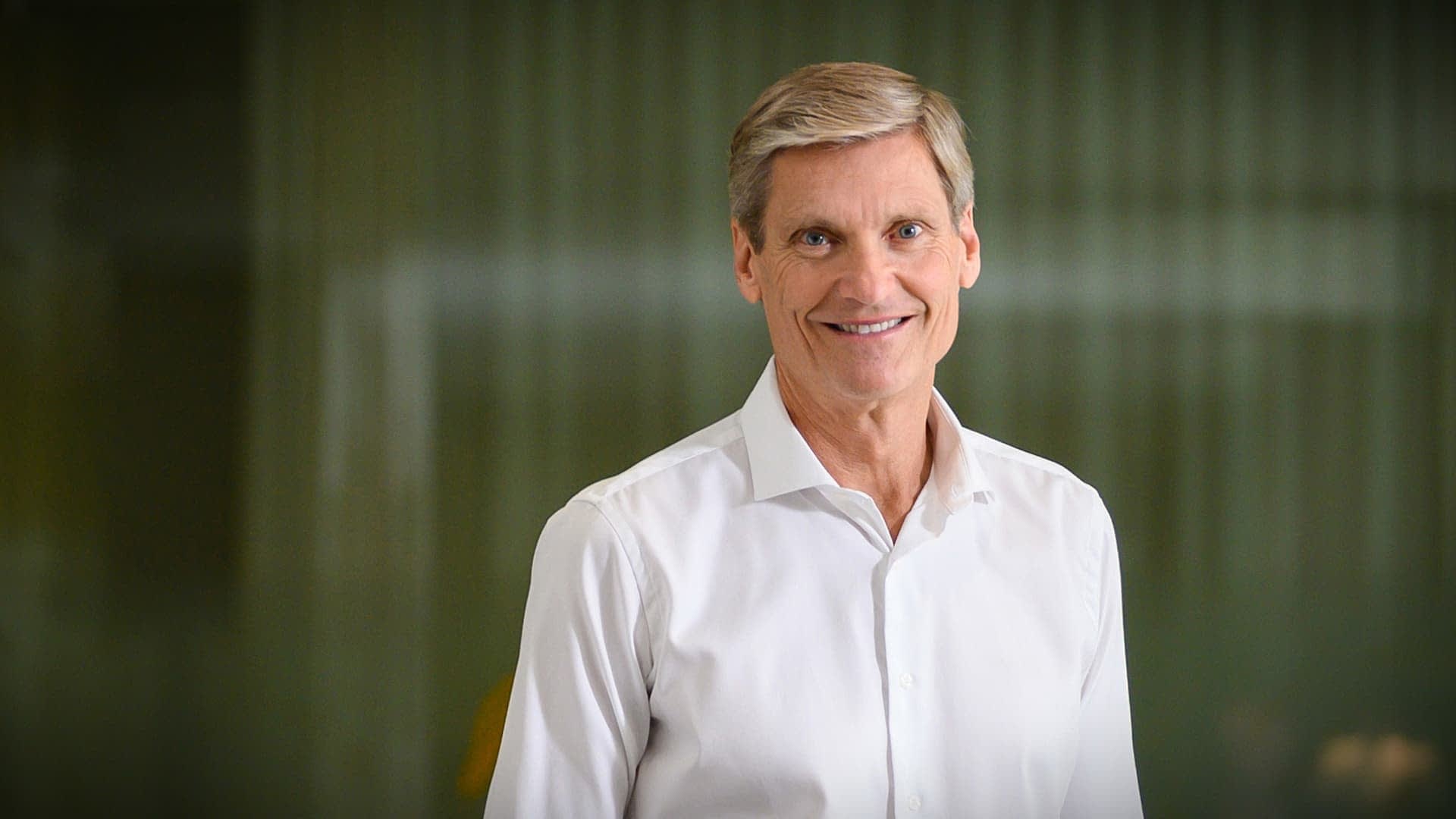The chief executive of Syngenta, a Swiss agrichemicals giant owned by state-backed ChemChina, has asked farmers in wealthy countries to shift away from organic production and focus on sustainability.
Syngenta CEO Erik Fyrwald told Swiss newspaper NZZ am Sonntag that organic farming does not allow for sufficient crop yields to cope with predicted food insecurity expected in parts of Africa and Asia due to the Russian invasion of Ukraine.
Depending on the product, yields in organic farming can go down 50 percent. The indirect consequence is that people in Africa are starving because we are eating more and more organic products.
The proposal coming from the head of one of the world’s largest agri-tech and agrichemical companies has been met with scepticism by farmers in Switzerland and neighboring Italy.
In the interview, Fyrwald said global food production has been hindered in the last few years by droughts in North and South America coupled with the impacts of the Covid-19 pandemic, both of which have affected staple crops prices, including soybean and cereals.
See Also:NASA Climate Scientist Wins World Food PrizeHe added that the Russian invasion of Ukraine has made a complex scenario significantly worse.
“Ukraine feeds 400 million people. The United Nation’s World Food Program covers the need of 125 million, half of the grain comes from Ukraine, and that is now gone,” he said.
Fyrwald added that the crisis would likely become even more profound in autumn should the current blockage of food shipments from Ukraine continue.
The Syngenta chief executive said many developing countries and people from China, the Middle East and Africa depend on Ukraine.
“Europe and the U.S. are primarily feeling the effects on prices of such shortages,” Fyrwald said. “Still, they have an obligation to produce enough food to prevent a hunger crisis in poor countries.”

Erik Fyrwald
He added genomic editing and technology to enhance food production in wealthier countries should be at the heart of the food agenda.
At the same time, Fyrwald said the ban on using some products in many countries is already impacting their ability to deliver sufficient yields.
In the face of the global food security issue, Fyrwald asked the European Union to reconsider its strategy to increase output and reduce land use with the help of the new technologies.
“Instead, the E.U. is demanding its members reach an overall organic share of production equal to 25 percent,” he said in reference to the European Green Deal.
It is not organic farming but our hunger for meat that promotes greater use of land. Animal feed is grown on 43 percent of Swiss arable land, and we still import 1.2 million tons a year.
“Depending on the product, yields in organic farming can go down up to 50 percent,” Fyrwald added.
“The indirect consequence is that people in Africa are starving because we are eating more and more organic products.”
“Nobody can seriously want that,” he continued. “People should be allowed to buy organic produce if they want, but governments should consider how relevant of a problem the yield losses are.”
According to Fyrwald, the organic food industry makes plenty of profits due to the rising demand for organic food, “but you can’t just ignore that lower output. Food is being taken away from people in Africa because we want organic produce and our governments support organic farming.”
He said that organic agriculture requires larger surfaces with the consequence of increases in carbon dioxide production due to the need to plough those fields.
Fyrwald added that most organic producers “use pesticides on a large scale,” with modest results compared to the conventional phytosanitary products.
He also noted how copper is heavily used in organic farming “because it is natural,” and that happens even if it is a heavy metal which “according to the E.U.” has no safe use.
As expected, Fyrwald’s interview is being criticized by many in the farming sector.
Kilian Baumann, an organic farmer and president of the Swiss Small Farmers’ Association, called the Syngenta chief executive’s proposal “grotesque.”
He added how farmers are engaged in reducing the use of pesticides and counters that “it is not organic farming but our hunger for meat that promotes greater use of land. Animal feed is grown on 43 percent of Swiss arable land, and we still import 1.2 million tons a year.”
Strong reactions to Fyrwald are also mounting in Italy, the second-largest organic food producer after the U.S.
According to Coldiretti, a farmers’ association, which criticized the interview as an “attack on organic production,” Italy is home to 70,000 dedicated organic farms and more than two million organically-cultivated hectares.
Ettore Prandini, the organization’s president, countered that increasing yields must be obtained by “saving companies and barns.”
According to the United Nations Food and Agriculture Organization (FAO), organic farming is instrumental in making the global agricultural sector more sustainable.
“Organic agriculture considers the medium- and long-term effect of agricultural interventions on the agro-ecosystem,” the FAO said.
“It aims to produce food while establishing an ecological balance to prevent soil fertility or pest problems,” the organization concluded. “Organic agriculture takes a proactive approach as opposed to treating problems after they emerge.”








